Bachelor of Design (Product Design)
Degree Level Undergraduate
Year 2025
You're considered an Australian student if you are any of the following:
Degree Level Undergraduate
Year 2025
Entry Scores
2025 Guaranteed Entry
Year 12 (ATAR-based): 65.00
Year 12 (Grades-based): B,B,C
TAFE/RTO: DIP
View Guaranteed Entry Info
2024 Cut-Offs
Year 12 (ATAR-based):
- Internal: 65.00
TAFE/RTO: Cert IV
View full entry requirements
The admission criteria have been grouped to assist you to easily find the information most relevant to your circumstances. However, you may fit into more than one and the university will consider applicants against each of the relevant criteria.
Certain conditions apply. For more information refer to Appendix 4 of the University's Selection and Entry policy.
Applicants are required to meet one of the following criteria with a competitive result, and demonstrate that they fulfil any prerequisite requirements and essential requirements for admission:
Recent secondary education
Meet any prerequisite requirements with a minimum grade of C- or equivalent
AND
Applicants who have not achieved the Selection Rank required for automatic selection may be selected for any remaining places based on the grades of their year 12 subjects.
OR
Higher education study
OR
Vocational Education and Training (VET)
OR
Work and life experience
1Results in Design Practice and Management - 2018 Excellence in Research for Australia (ERA)
2UNSTOPPABLE® is a Kellogg Company trade mark used under licence. Ranked #43, 2024 THE Young University Rankings.

This practical degree will equip you with the skills needed to design and create products that people use every day, such as electronic devices, domestic appliances, homewares, medical devices, sports equipment, user experiences and interfaces, furniture, mobility solutions and more.
Product designers need to consider human factors, usability, aesthetics, manufacturing technologies, materials and environmental sustainability in their designs, and this comprehensive, practical degree will have you doing just that. During your studies, you will develop fundamental practical skills through design studio classes, model-making and prototyping.
You will learn in our dedicated studios and state-of-the-art workshops fitted with digital fabrication equipment such as laser cutters, CNC routers and 3D printers, and virtual reality systems. You can practice skills learned in real-world workplaces when you complete professional placements as part of your study. There is also the opportunity for you to complete some of your studies overseas.

There is a lot of ground to cover in this degree, starting with a fundamental understanding of the elements and principles of design. Much of this study takes place in the purpose-built design studios located on-campus. You will study basic skills and concepts relating to areas such as sketching and visualisation techniques; design history and theory; human centred design; computer-aided design; and creativity. During your second year you will broaden your knowledge, covering topics such as:
In your third year there will be a focus on design for usability, user experience, high volume manufacturing and sustainability, and you will be able to select a range of electives to tailor your study to your individual interests.
You can gain an extra qualification and broaden your career prospects by completing a Diploma in Languages.

This degree enables you to practice the skills needed for a successful product and industrial design career. Our dedicated design studios and workshops boast digital and analogue equipment enabling students to build their own prototypes, such as:
A large portion of your practical learning will take place in these areas, and Design Studio courses make up a large part of the degree’s curriculum. In these courses, you will design objects and products such as domestic appliances, musical instruments, mobility solutions and furniture. In addition to the on-campus practical experience, you will also benefit from industry placements and our strong industry links. There may also be the opportunity to participate in international and national study tours, competitions and exhibitions.
Job prospects in this field are looking good, with very strong growth in employment expected nationally1. You can increase your employment prospects when you continue your studies with a Master of Design, specialising in Industrial Design.
Careers to consider:
1Australian Government, Job Outlook 2020.
Graduates of this program are eligible for Graduate Membership of the Design Institute of Australia. Graduates are eligible for Associate Membership of the Design Institute of Australia after two years of professional practice.
Have any questions? We're here to help! Contact Adelaide University's Future Student Enquiries Team.
Applying to study with us:
Australian
There are other pathways you can follow to study this degree, including:
International
There are other pathways you can follow to study this degree, including:
This degree is available for deferment. This option is made available by responding to your offer during the application process via the SATAC website. Applicants who receive an offer into a midyear degree are eligible to defer for six months.
Every year, over 2,500 UniSA students are supported in their studies through scholarships and grants worth millions of dollars. Check out the scholarships below. One of them may be perfect for you. Visit our scholarships page for more.
$5,000 scholarship for South Australian students with an ATAR of 99 who enrol to study a UniSA undergraduate degree.
Up to $10,000 per annum (full time) for South Australian students who obtain an ATAR of 99.95 or IB equivalent and enrol to study at UniSA.
Our campuses are home to fantastic facilities including modern lecture theatres, libraries, workshops and laboratories, as well as spaces that simulate real work environments. But you’ll also discover that your journey at UniSA is about social experiences, healthy living and getting involved. You’ll find student sports and fitness facilities, community clinics, tech zones and chill-out spaces. There are campus sport activities to keep you active, and if you are keen to explore the social side of university life, there are movies, cooking demonstrations, parties and loads more.
Adelaide also has a variety of accommodation options to suit different requirements and budgets. Options include dedicated student accommodation and private rentals. See our long-term accommodation pages, or explore our student accommodation by Scape on Bank Street in Adelaide’s lively cultural precinct, an ideal location for students. It is within easy reach of UniSA’s city and metropolitan campuses, Rundle Mall shopping, the Central Market, Chinatown, and the West End’s vibrant nightlife. It is also across the road from the Adelaide train station, and on bus and tram routes.
As a design student, you will have access to:

Dan McLean is the Program Director of Design, Product Design at the University of South Australia. Dan has worked professionally on Industrial Design projects in fields including consumer electronics, automotive and food and beverage packaging. He has worked in Australia and internationally as a professional Industrial Designer and has extensive design teaching experience, specifically in Design Studio courses, Human Centred Design, Design Drawing and 3D Visualisation.
Dan’s areas of expertise include product styling, branding, human factors, human centred design and design for manufacture.
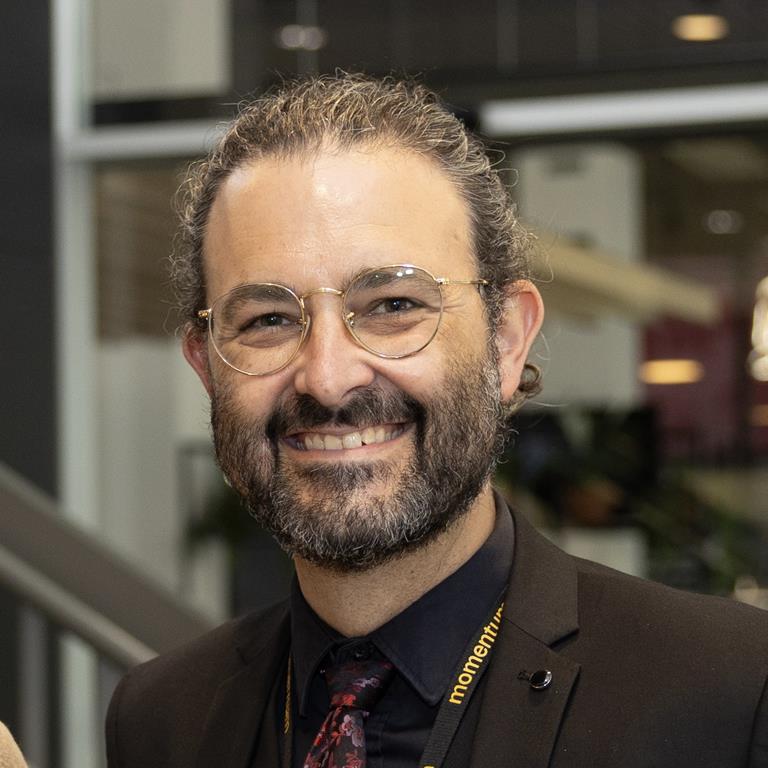
The way you apply for UniSA will depend on the undergraduate or postgraduate coursework degree you're interested in studying.
The majority of applications are made via the South Australian Tertiary Admissions Centre (SATAC). Check out more information on the SATAC website and follow the appropriate process for your degree of interest.
There are a small number of degrees that you need to apply for through direct application processes. The process you need to follow will be listed on the 'How to Apply' section of the degree homepage, but you'll also be taken to where you need to go if you hit the 'apply' button.
If you are interested in studying one of our 100% online degrees you'll need to apply directly to UniSA Online.
You can find more information about the application processes for UniSA on our How to Apply webpage.
If you're more interested in applying for a postgraduate degree by research, check out and follow the information in our step by step guide to applying.
Applications for all degrees will close ahead of study commencing, but the timelines may vary for undergraduate and postgraduate degrees.
The deadline to apply to study a degree at UniSA for semester one (commencing late February) and be guaranteed equal consideration is generally in very late November or early December. While you may be able to apply after this date, you are not guaranteed to be considered equally with other applicants and your application may not be assessed in time for the main round of offers. More competitive degrees may not make any offers after the main offer round. Find more information on the Key Dates section of the SATAC website, but you can also call the Future Student Enquiries team for more information on 08 8302 376.
Many postgraduate by coursework degrees do not have set closing dates. The exceptions are highly competitive degrees, so it is best to check – either on the degree homepage on the SATAC website or by checking with our Future Student Enquiries team.
As most postgraduate applications are assessed as they are submitted and offers are continuous, there are no set closing dates for applications. Degrees can be filled and closed with little notice so it is best to apply as soon as possible to avoid missing out on a place. For more information, please contact our Future Student Enquires team on (08) 8302 2376 or submit an enquiry.
You may be eligible for credit or advanced standing for your chosen UniSA degree based on your previous studies, if they are in a related area and completed within a certain timeframe. Receiving credit or RPL will reduce the number of courses you undertake within the degree, and may also reduce the overall duration of your degree. You can read more about our pre-existing credit agreements through our online Credit Assessor. If you have related industry experience, you may also be eligible to receive recognised prior learning (RPL) for this experience. Credit and RPL is assessed by the Program Director once you've received an offer, and you apply through UniSA's current student experts, Campus Central.
Future Student Enquiries welcomes the opportunity to meet with you to discuss your study options at UniSA. We can discuss degree information, entry requirements and pathways, applications, general career outcomes and student life, so you have the information to make the best study decision for your future. Head to our Book an Appointment webpage to find a date and time to speak with us, and take your next steps on journey to university study.
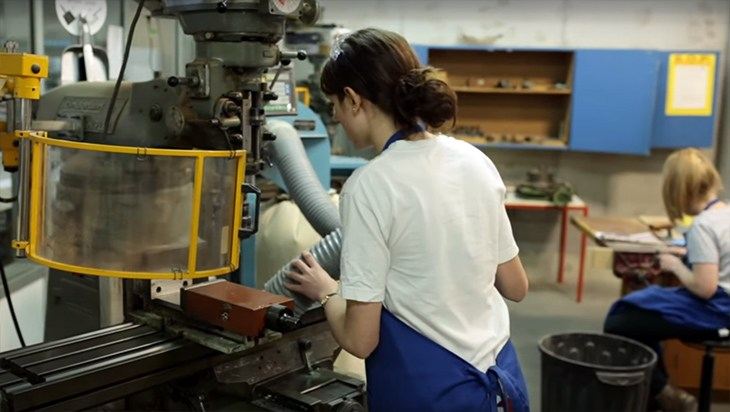
Hear from David Gordon about workshop here at The University of South Australia's City West campus. The workshop gives students the equipment and plenty of space to work through the entire development process from concept, development to production giving them hands on experience with the machinery and materials.
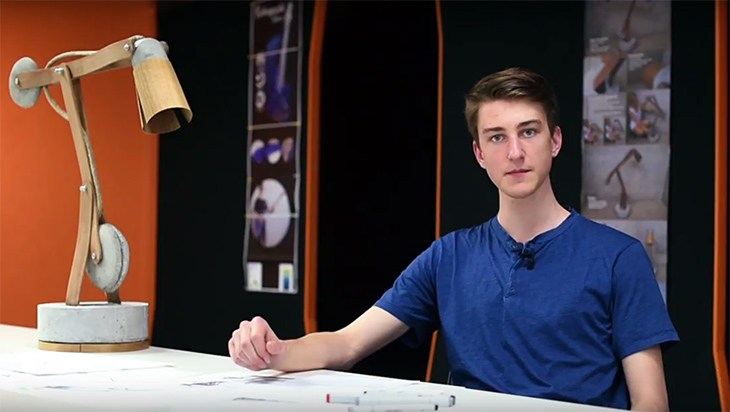
Hear from Liam as he shares his experiences studying at UniSA and his journey as a Bachelor of Design (Industrial Design) student.
.jpg)
Justin De Blasio
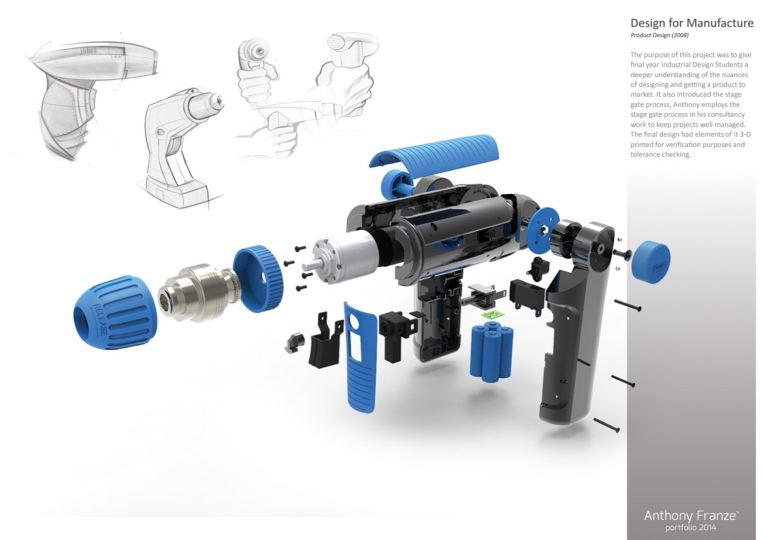
Anthony Franze
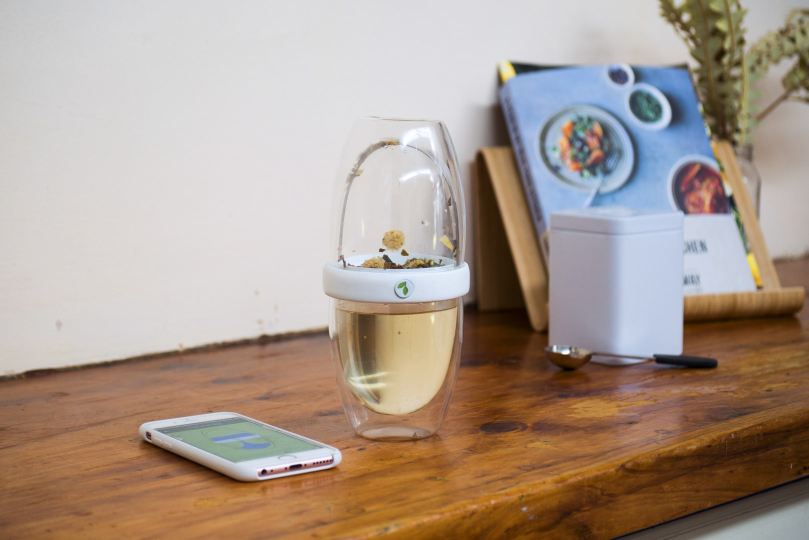
Emily Brown
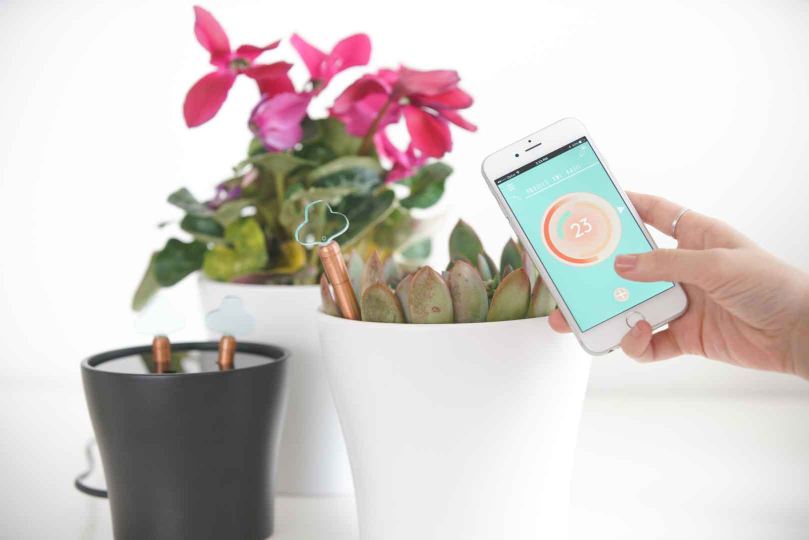
Harriet Culbertson
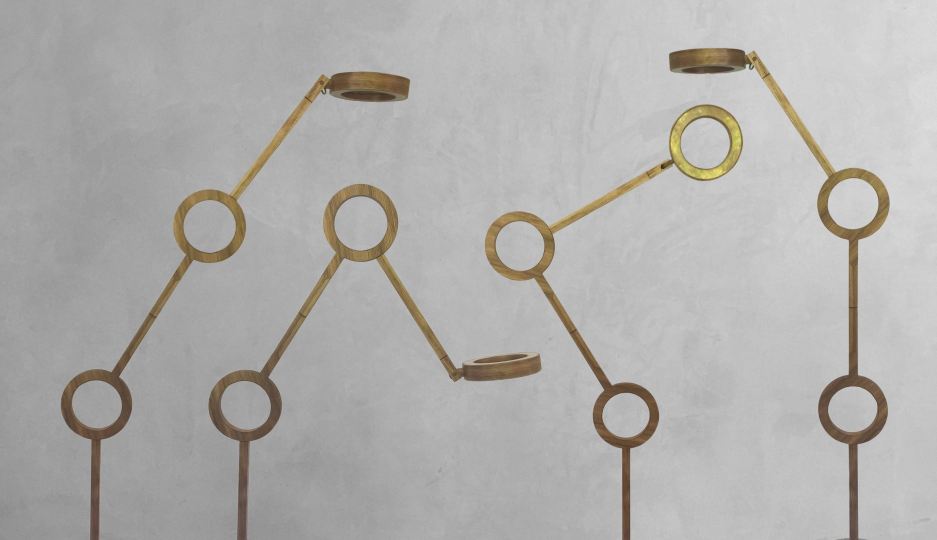
Michael DiMonte
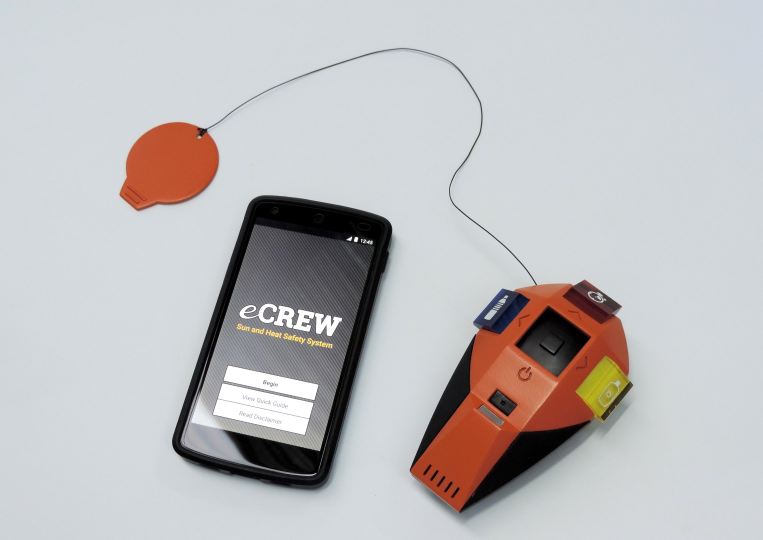
Luke Frahn
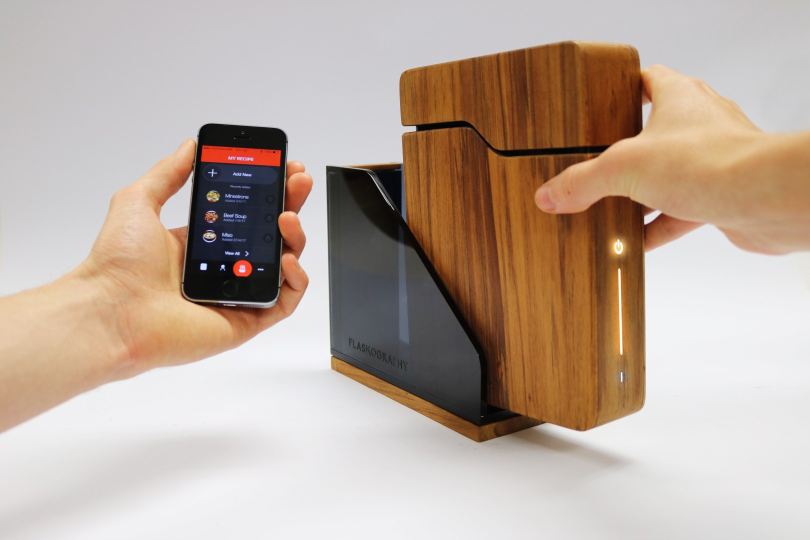
Emile Kobayashi
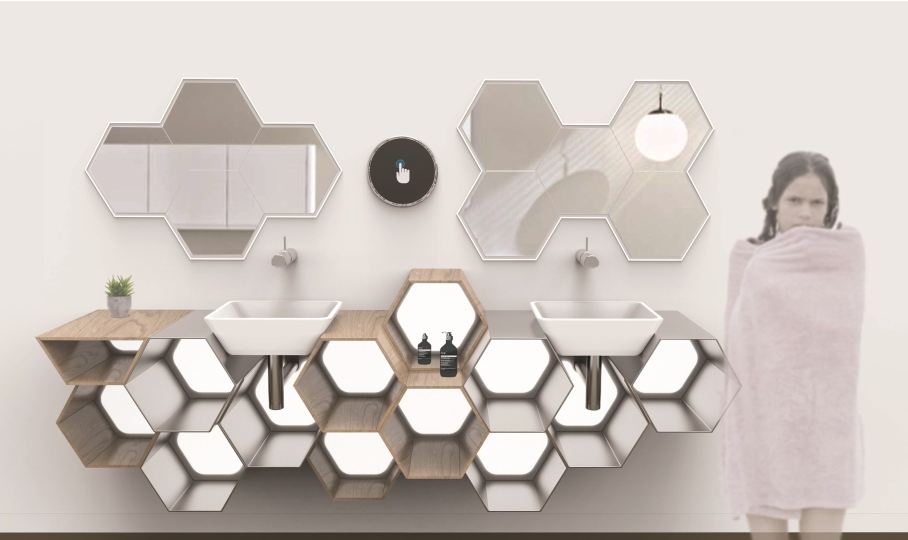
Nick Jolly - bathroom vanity
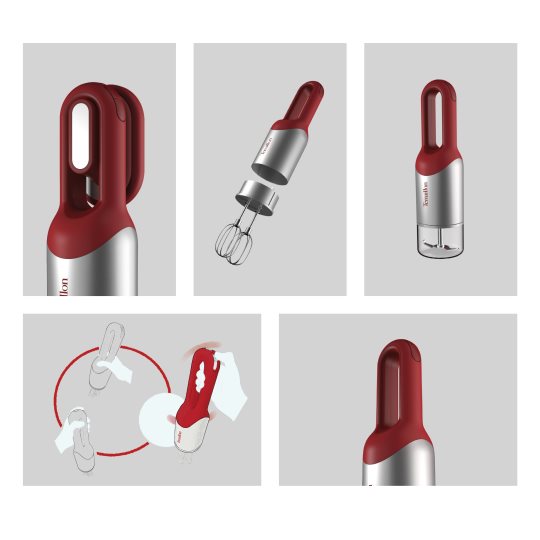
Henry Shaw